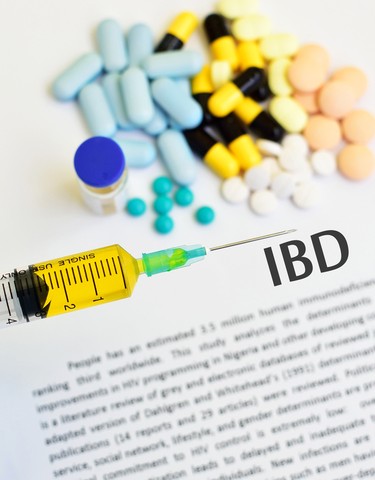Galapagos recently presented data from the FITZROY Phase 2 clinical trial of filgotinib for Crohn’s disease at the 11th ECCO Congress in Amsterdam.
Prof. Séverine Vermeire, lead investigator of the trial, presented the analysis of the 10-week treatment study. In the FITZROY trial, 174 patients were treated with either a placebo or 200 milligrams of filgotinib in a ratio 1 to 4.
Belgium-based Galapagos, which reported these results in December 2015, demonstrated that the study met its primary endpoint of clinical remission. Specifically, the results showed that a higher percentage of patients treated with filgotinib achieved a Crohn’s Disease Activity Index (CDAI) score of less than 150, compared with patients treated with a placebo (48 percent vs. 23 percent). In addition, treatment with filgotinib showed improvement in quality of life (IBDQ) in TNF-naive and TNF-failure patients.
In terms of safety profile, the rate of adverse events was similar between filgotinib and placebo-treated patients. The most common adverse events reported were infections and infestations (26 percent vs. 23 percent), gastrointestinal disorders (24 percent vs. 23 percent) and disorders of the nervous system (16 percent vs. 18 percent).
Filgotinib is the first JAK inhibitor to show efficacy in Crohn’s disease, a disease that still has few treatment options. The FITZROY study confirms Galapagos’ growing confidence in the safety of this novel drug, so the company is moving forward in its development of filgotinib in multiple GI indications.
Galapagos and Gilead Sciences are planning to report the full FITZROY 20-week data results in the first half of this year. Last December, the companies signed a partnership agreement to globally develop and commercialize filgotinib for inflammatory diseases, and plan to work together to initiate Phase 3 trials of filgotinib for Crohn’s disease and rheumatoid arthritis.
Crohn’s disease, also known as regional enteritis, is a type of inflammatory bowel disease (IBD) that may affect any part of the gastrointestinal tract from the mouth to the anus. Symptoms include abdominal pain, diarrhea, fever, and weight loss. Other complications may occur outside the gastrointestinal tract and include anemia, skin rashes, arthritis, inflammation of the eye, and tiredness.
According to the U.S. Centers for Disease Control and Prevention (CDC), there are an estimated 1 million to 1.3 million people who suffer from IBD. The cause of the disease remains unknown.

